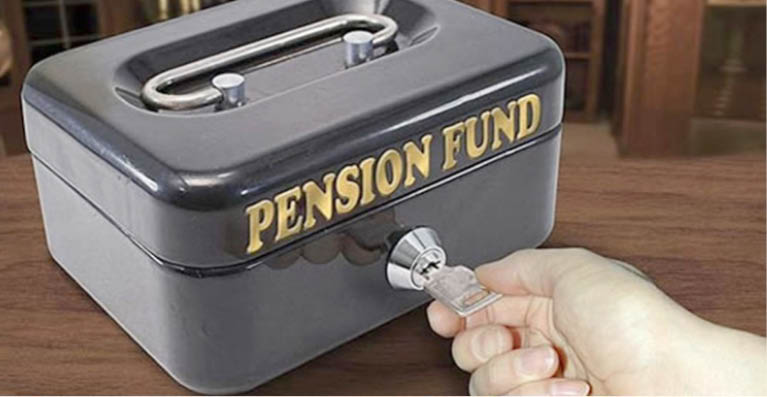A disorderly conclusion to the general elections resulting in widespread violence and the collapse in oil prices could result in Nigeria’s economy being in disarray, a report by Access Pensions Limited has stated.
The report, which gives an outlook on the position of Nigeria’s economy in 2023, viewed the scenarios resulting in investors scampering for safety and the country seeing a return to the dire economic situation of the 2014-2017 episode.
The report, while noting that global economic growth looks set to slow for the second year running in 2023, foresees tighter global financial market conditions and inflation on the spending patterns of households and firms in developed economies.
It added that an increase in interest rates would be halted during the year due to receding energy prices and slower inflation readings in 2023 but does not translate to relaxed financial conditions as current rates are now at high levels until inflation across advanced economies recedes towards 2-3% levels.
How Customs lost N135bn to NDDC in waivers
NGF tasks state health MDAs on leadership for Universal Health Coverage, SDGS
For Nigeria, it said unlike in 2015, the winner of the presidential election would likely face a much higher oil price but would need to tackle other issues like insecurity, growing debt, burdensome petrol subsidies and a broken exchange rate system.
“In between the election and transition, we expect economic activities to muddle through the year and see real GDP growth around 3-3.5% in 2023, flattered by a recovery in oil output from the depressed theft-driven levels of 2022 and stabilisation in the non-oil sector. Against this backdrop and clarity on the political scene after the elections, we think the CBN could look to improve dollar supply within the official segment and tolerate some weakening in the IE window exchange rate towards levels north of NGN500/$,” the report said.
It added that in the face of potential adjustments to petrol prices and persisting naira weakness, inflation would remain high in 2023 averaging between 18 and 20 per cent.
It said this would lead the CBN to retain a hawkish stance on interest rates over the year.
“On fiscal policy, the last budget of the Buhari tenure follows the trend of debt-powered fiscal expansionism with a record expenditure plan set at N21tr. To fund the record outlay, the FGN projects total revenues at N9.7tr split across oil (N1.92tr) and non-oil (N8.9tr) predicated on a benchmark crude price of USD70 per barrel and production levels of 1.69mbpd. Pending a clean break from the petrol subsidies currently funded via the crude-for-refined product swap, we think revenues are likely to tail projections; as such financing requirements will remain large in the face of potentially reduced funding from the CBN. The latter point reflects a likely conclusion on the planned securitisation of Ways & Means debt. Our view on high global interest rates suggests limited recourse to Eurobond markets,” it added.

 Join Daily Trust WhatsApp Community For Quick Access To News and Happenings Around You.
Join Daily Trust WhatsApp Community For Quick Access To News and Happenings Around You.


